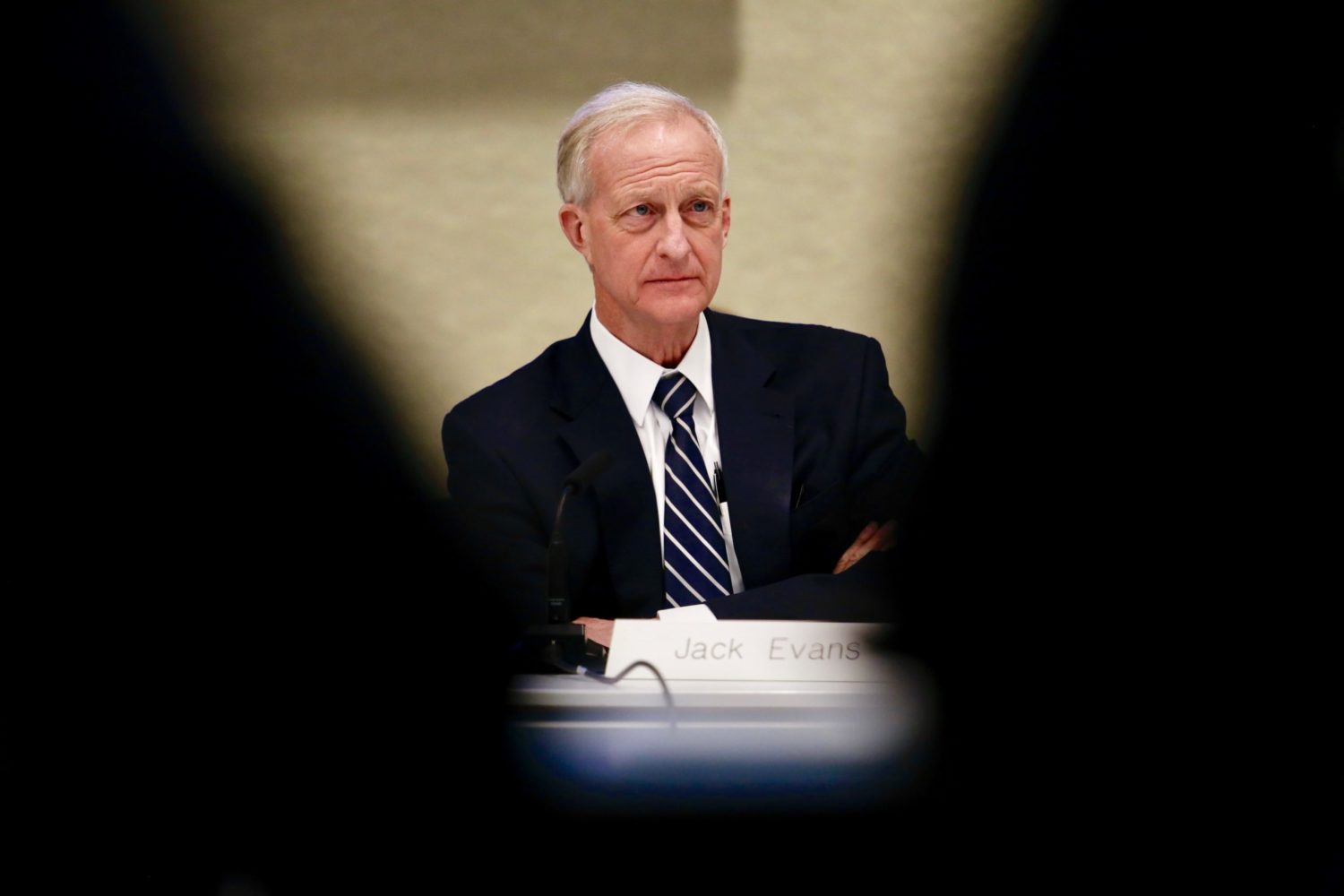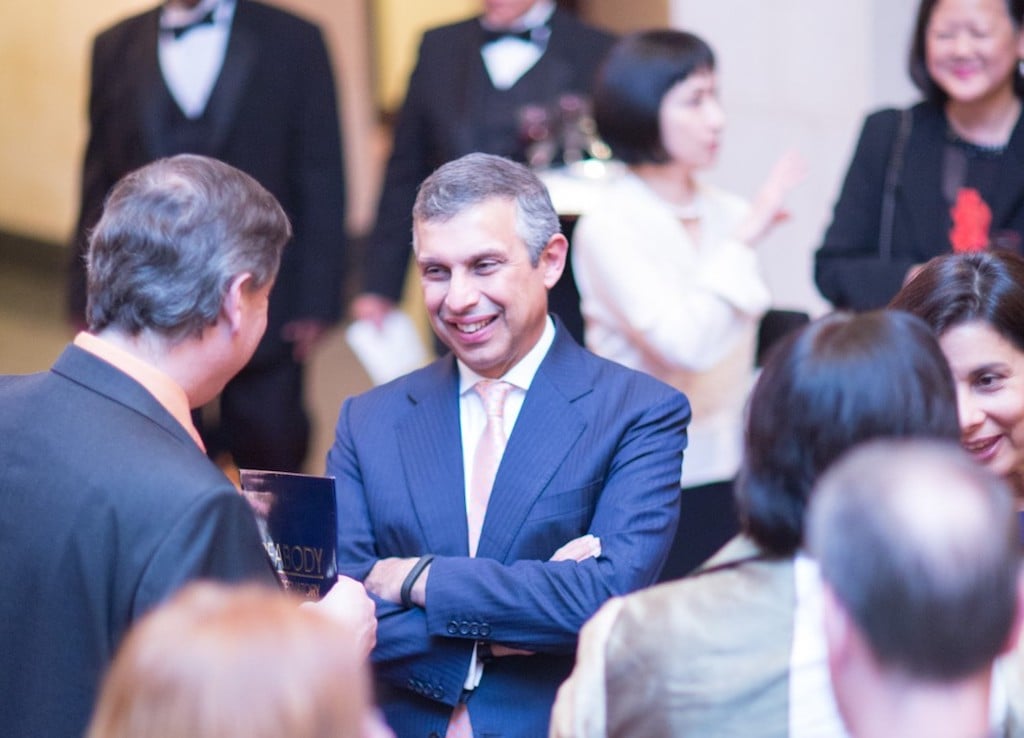This week, DC Council Chairman Phil Mendelson said the body would respond to reports that Councilmember Jack Evans marketed his influence to private lobbying firms. This isn’t the first time the Council has faced charges of improper behavior—and Evans is already under scrutiny for his involvement with a digital sign company. But if District residents are groping for a solution, there may be one hiding in Asia:
Pay Jack Evans and every other councilmember millions of dollars.
The logic of this idea follows a simple precept: public servants become incorruptible when they make enough money. This civil service experiment is real in the city-state Singapore. In 1972, the country began to experiment with pegging the salaries of public servants to the private sector. In the ensuing decades, the country gave its public officials large pay raises five times.
The result: Today’s Singapore’s public servants—145,000 in all today, from passport stampers to deputy prime ministers—are by some measures the highest paid in the world. The top class of bureaucrats can make more than a million US dollars per year.
In 2017, for instance, the annual salary of Singapore’s Prime Minister was $2.2 million. A senior-ranking minister nets more than $1.7 million, while the Speaker of Parliament nets $1.1 million. Job security and benefits are considered so solid that a government job is called “the iron rice bowl.”
And while the Bernie Sanders crowd is busy pearl-clutching about the largesse of corporate bonuses, public officials in Singapore are feted with them: Two built-in bonuses a year, plus an auxiliary bonus system pegged to the economic performance of the country. (In 2016, for instance, public officials received a bonus worth nearly 2 months’ pay—including for about 1900 lower-salaried workers, whose average bonus was $900.)
What do the good people of Singapore get in return for paying these high-roller salaries? A government routinely ranked among the least corrupt on earth, one that last year ranked first in the world for public trust among its citizens. It doesn’t hurt that Singapore has some of the strictest anti-corruption measures in the world: In 2013, even one of Singapore’s deputy corruption enforcers was sentenced to ten years in prison.
Such success, of course, depends on the appetites of the civil servants. Evans pulls in a considerable annual salary at $140,161. But from 2001 to 2015, Evans notched additional income from his law firm, Patton Boggs, at $190,000 per year. While the District allows councilmembers to pursue additional private sector work, only one lawmaker besides Evans does.
So how would Jack Evans fare in Singapore? If the most analogous position is one of the city-state’s 20 ministers, Evans—the most senior member of the Council—would make $1.7 million per year. And the payroll system pegs that salary to the average highest earners in six private trades—accounting, banking, engineering, law, local manufacturing and multinational corporations—many of which are the fields Evans is accused of soliciting.
That salary might sound nice, until Evans faced up to the flip side: He would also crash into some of the most punitive laws conceived among any advanced economy. (In 2012, Singapore courts sentenced 2,500 people to caning.) These include a $5,000 maximum for jaw-walking, and a notorious maximum two-year prison sentence for unauthorized gum-chewing. Thankfully for Evans, the penalty for illegal parking is a paltry $300.



















